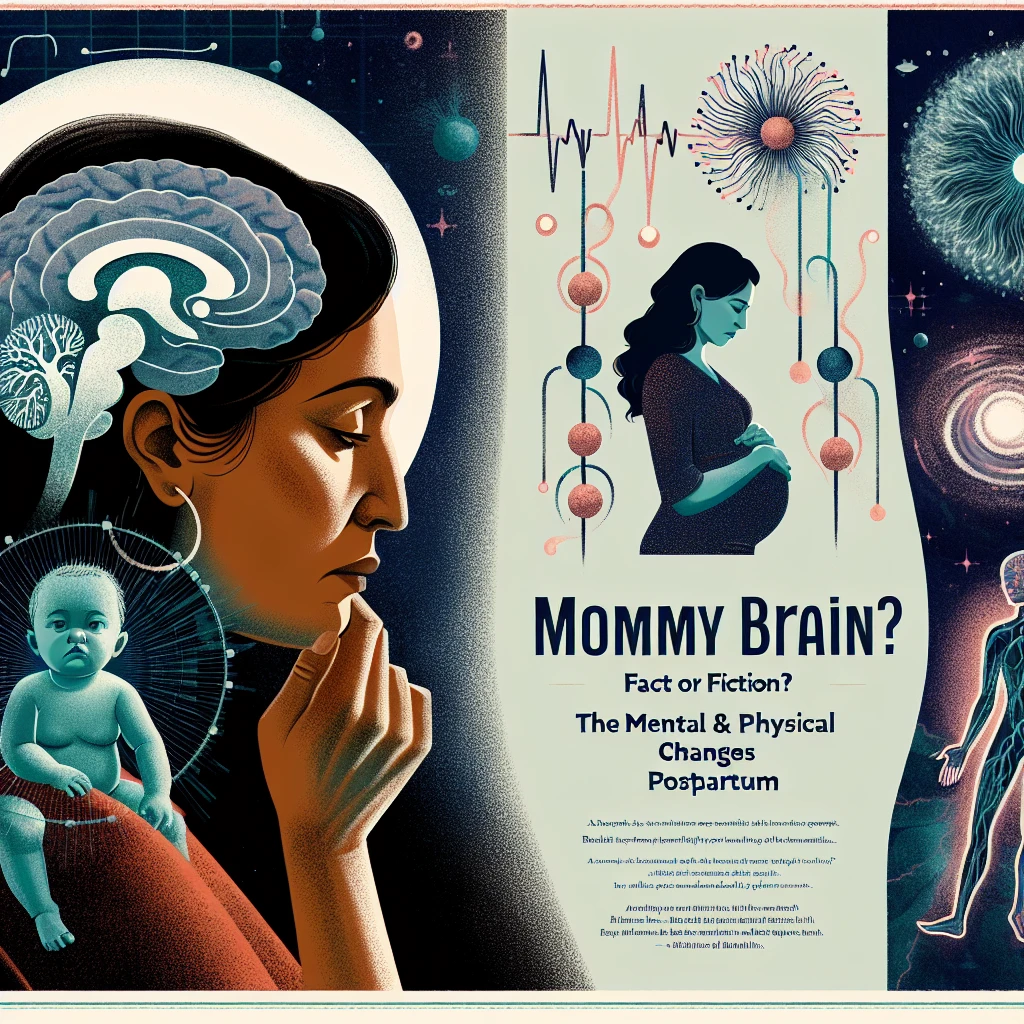
The Metamorphosis of Motherhood
Matrescence is the process of becoming a mother, involving immense physical, psychological, and emotional changes. Research shows new moms undergo significant brain alterations and cognitive benefits later in life. Dads also experience hormonal shifts and brain changes when caring for children. Matrescence is comparable to adolescence but lacks awareness and support. More research on this topic can lead to better societal understanding and policies supporting parental leave for all parents.
Health
The Transformative Process of Matrescence
By Alberta Herman
May 15, 2024

The transition to motherhood is a profound and transformative experience that has far-reaching effects on a woman's physical, psychological, emotional, and social well-being. Matrescence is the term used to describe this process of becoming a mother, coined by medical anthropologist Dana Raphael in 1973. It encompasses immense hormonal shifts, structural and functional changes in the brain, alterations to gray matter, cognitive challenges, learning curves, physical changes such as pelvic floor problems or hair loss, emotional changes like fierce protectiveness over children, and relationship adjustments with family and friends.
Research has shown that pregnancy leads to significant neurological changes in women's brains that persist for years after childbirth. These changes are not limited to forgetfulness or a mommy brain; they also include heightened abilities in facial recognition and reading emotions. Pregnant women and new moms can be more alert and better at identifying colors and scents, possibly due to detecting harmful foods.
Matrescence is not exclusive to biological mothers but affects fathers or non-biological parents as well. Spending time with a child impacts hormone levels and brain anatomy response patterns similarly for both genders, showing how fatherhood can be just as impactful on one's identity shift as motherhood.
Despite its significance comparable to adolescent transitions, matrescence remains relatively unknown, even though it should gain more attention given its importance for individual mental health during perinatal periods, where one out of five women experiences mental health conditions, yet the majority lack access to paid maternity leave, which could support them through this sensitive period of change.
In conclusion, embracing maturity rather than expecting an easy, breezy transition into parenthood can help us recognize the depth of these transformations occurring within ourselves during this time, helping governments federally mandate paid parental leave and acknowledging huge environmental and behavioral identity shifts happening during early postpartum periods, benefiting individuals and society alike, facilitating smoother, healthier transitions for mothers, fathers, caregivers, and their new roles, promoting overall well-being, happiness, families, and communities everywhere.
LATEST ARTICLES IN Health
6 Easy Home Remedies to Combat Dandruff.
Study: Partner's Joy Lowers Stress Hormones in Elderly Couples.
Review: TrustedRelief Blood Support Capsules Boost Circulation.
Ultimate Morning Routine Guide for Men.
Join Our Newsletter
Popular Articles
-

Mar 13, 2024
Anyone But You - A Romantic Comedy Surprise of 2023 -

Feb 01, 2024
AI Company About to Revolutionize the Medical Space? -

Oct 12, 2024
Automated Farming: The Role of Robotics -

Jul 31, 2024
Apple Anticipates Higher Revenue in Thursday's Earnings Report




